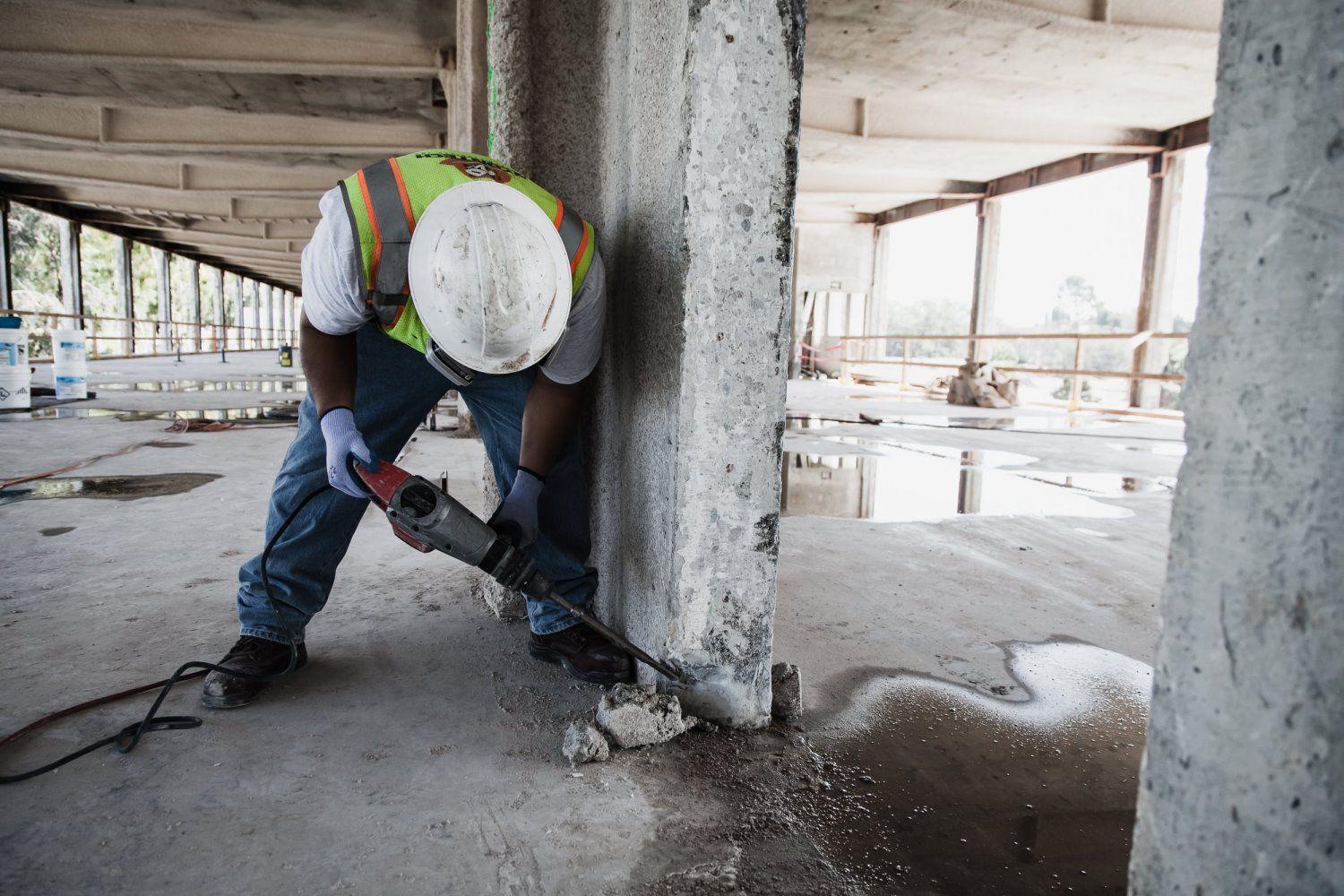When it comes to home improvement projects that combine durability, style, and cost-effectiveness, stamped concrete stands out as one of the best options for property owners in New Jersey. Whether you’re updating a driveway, patio, pool deck, or walkway, stamped concrete offers a wide variety of design possibilities that rival natural stone, brick, or even wood—without the higher price tag or intensive upkeep.
In this article, we’ll take a closer look at what stamped concrete is, how it’s made, its benefits, and why so many homeowners and businesses in New Jersey are choosing it to elevate their outdoor spaces.
What Is Stamped Concrete?
Stamped concrete is regular concrete that’s been imprinted, textured, or patterned to resemble high-end materials such as slate, flagstone, tile, wood, or brick. After the concrete is poured and leveled, professional installers apply special stamps before the mixture fully sets, creating a custom design. To complete the look, color pigments and sealants are added, which not only enhance the aesthetic but also protect the surface.
The result? A surface that looks like luxury paving materials but maintains the strength and longevity of concrete.
The Benefits of Stamped Concrete
Choosing stamped concrete isn’t just about looks—it’s also about value and practicality. Here are some of the top reasons homeowners in New Jersey opt for it:
1. Cost-Effective Beauty
Natural stone, pavers, and wood are beautiful but can come with hefty price tags. Stamped concrete mimics these premium materials at a fraction of the cost, making it an affordable way to elevate curb appeal or backyard design.
2. Durability Against New Jersey Weather
From hot, humid summers to freezing, snowy winters, outdoor materials in New Jersey face constant stress. Stamped concrete, when properly installed and sealed, can withstand these temperature swings, resist cracking, and maintain its finish for years.
3. Low Maintenance
Unlike wood decks that require staining or pavers that can shift and sprout weeds, stamped concrete is relatively low maintenance. A periodic resealing every few years keeps the surface looking fresh and protects against stains, moisture, and fading.
4. Endless Design Options
Stamped concrete comes in a wide range of patterns and colors. Want a rustic flagstone patio, a sleek slate driveway, or a warm wood-grain pool deck? With stamping techniques, all of these looks are possible. This versatility allows property owners to match their concrete to their home’s architectural style or personal preferences.
5. Adds Property Value
Curb appeal matters, and stamped concrete surfaces can give your property a polished, upscale look that prospective buyers appreciate. It’s a smart investment for both enjoyment and resale value.
Popular Applications for Stamped Concrete in New Jersey
One of the best features of stamped concrete is its adaptability. Here are the most common ways it’s being used across New Jersey homes and businesses:
-
Patios: Create an inviting backyard retreat with patterns that look like stone or tile.
-
Driveways: Make your home stand out with a driveway that combines durability and decorative style.
-
Pool Decks: Stamped concrete can provide a slip-resistant, beautiful surface around pools.
-
Walkways & Entryways: Add charm and character to the paths leading to your home or garden.
-
Commercial Spaces: Restaurants, retail centers, and office buildings often use stamped concrete to achieve an upscale appearance with minimal upkeep.
The Installation Process
Installing stamped concrete is an art and a science. Here’s a simplified breakdown of the process:
-
Preparation: The ground is excavated and leveled, and forms are set to define the area.
-
Pouring: Concrete is mixed and poured evenly.
-
Coloring: Base colors are added—these can be integral (mixed in) or applied to the surface.
-
Stamping: Large stamps with desired patterns are pressed into the concrete before it hardens.
-
Detailing: Additional accents or antiquing colors may be applied for a natural look.
-
Sealing: Finally, a sealant is applied to protect the surface from stains, moisture, and wear.
While DIY kits exist, professional installation is highly recommended. Achieving a high-quality stamped concrete finish requires precision, timing, and experience—especially when working with New Jersey’s unpredictable weather conditions.
Tips for Maintaining Stamped Concrete
Stamped concrete is relatively low maintenance, but a little care goes a long way. Here are a few tips:
-
Reseal every 2–3 years to preserve color and protect from moisture.
-
Clean regularly with a broom or hose to remove dirt and debris.
-
Avoid harsh chemicals or de-icing salts that could damage the sealant.
-
Repair small cracks quickly to prevent them from spreading.
With proper care, stamped concrete can last 25 years or more.
Why Choose Stamped Concrete for Your Next Project?
If you’re looking for a way to enhance your home or business exterior in New Jersey, stamped concrete is a smart, stylish, and affordable option. It blends the strength of concrete with the beauty of natural materials, offering you the best of both worlds.
Whether it’s a cozy backyard patio, an impressive front walkway, or a durable driveway that catches the eye, stamped concrete has the versatility to bring your vision to life.
Final Thoughts
Stamped concrete is more than just a trend—it’s a long-lasting solution for anyone who values beauty, durability, and cost savings. With endless customization options, minimal upkeep, and strong performance against New Jersey’s climate, it’s no wonder why so many property owners are making the switch.
If you’re considering stamped concrete for your next project, consult with experienced New Jersey professionals who can guide you through the design and installation process. With the right team, your outdoor spaces can be transformed into stunning, functional areas you’ll enjoy for decades to come.

